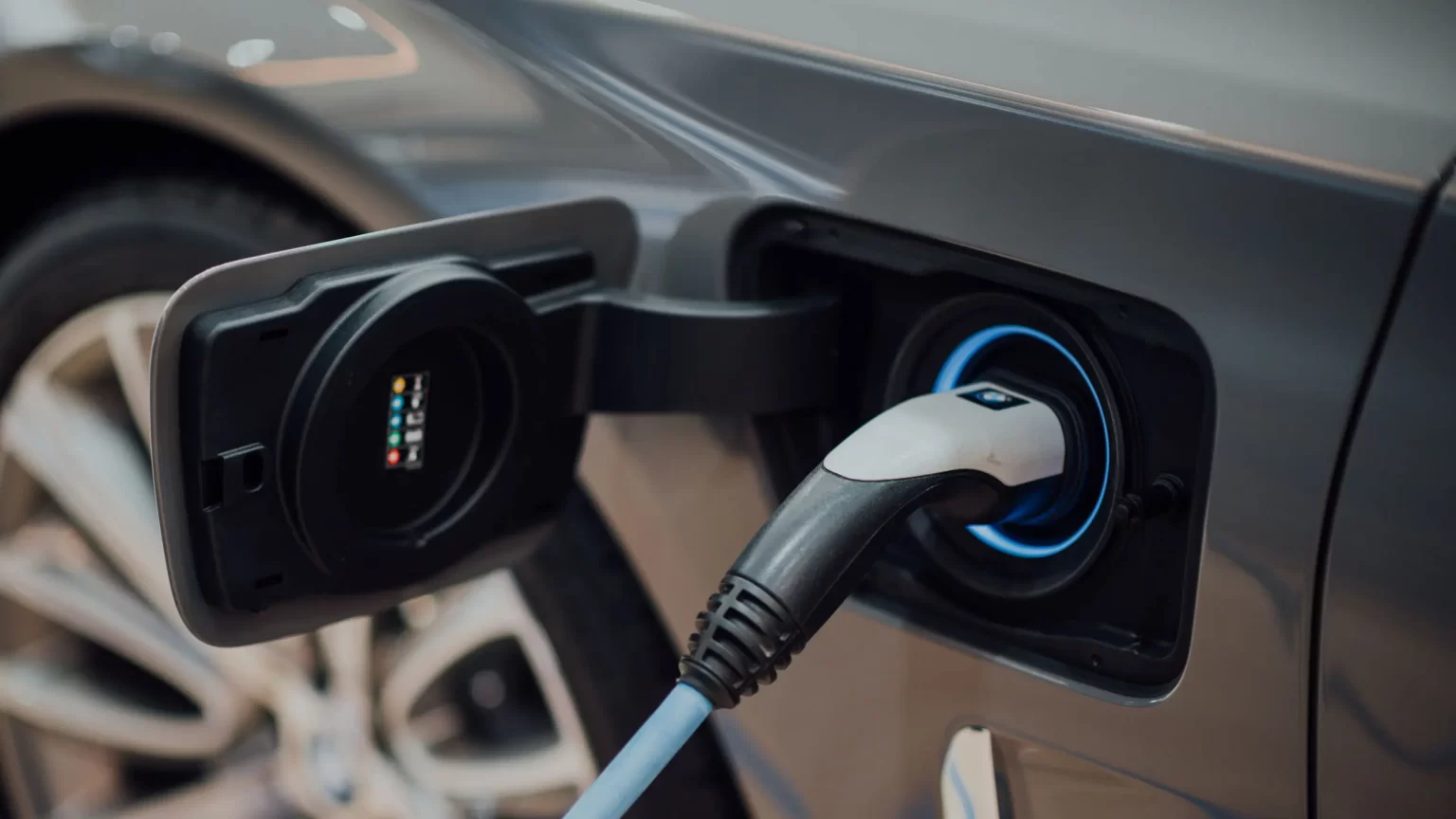France is now the second best-equipped country in Europe, behind the Netherlands and ahead of Germany, with 110,000 public charging terminals installed – a four-fold increase in four years, according to the ministry.
However only 10 percent of existing charging terminals are fast-charging, even though this is essential for convincing motorists to give up their internal combustion engines.
“We’re shifting up a gear this autumn on electric cars: an extra 200 million euros to speed up the deployment of charging terminals, a stronger ecological bonus for those with the lowest incomes, the social leasing for the middle classes, and simplification of retrofitting,” Beaune told French news agency AFP.
13 million electric cars by 2030
French President Emmanuel Macron set a target of 400,000 public charging terminals by 2030.
At the same time, the number of electric vehicles is expected to increase tenfold, to 13 million, according to projections by Avere, the organisation promoting the use of electric and hybrid vehicles.
The 200 million euro package is intended to support the development of fast-charging stations and installations in collective housing, on-street charging stations and charging stations for heavy goods vehicles.
At the same time, an ecological bonus granted to low-income drivers to buy an electric vehicle, currently 7,000 euros, will be increased but “the figure has not yet been decided”, Beaune’s office said.
The tax credit for installing a charging terminal at home is to be increased from 300 to 500 euros.
The ministry also announced that the decrees setting out the rules for the social leasing system, which will enable low-income drivers to buy electric cars for 100 euros a month, will be published in the next few days.
Other measures are also planned, including a tax incentive for companies to retrofit internal combustion vehicles with electric or hydrogen engines.

